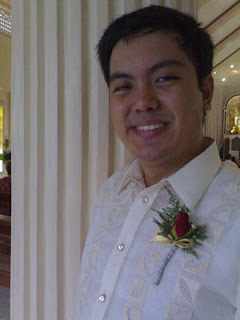 I learned something during the course of my dissertation writing. It's about the virtue of humility.
I learned something during the course of my dissertation writing. It's about the virtue of humility.I'm not the type of person who usually asks for help from others. Lately I learned that it's nice to have people cheering you on. It makes hard tasks much more bearable.
I also learned that I'm my own worst critic and enemy. Sometimes I tend to impose such a tall standard on myself that I barely get to do it. The result: HARDLY ANY WORK DONE!!!
It also pays to follow the ways of established scholars. They know more that I do so it's wise to learn and follow them. When the time comes when I 'm good enough I can have my way.
Dissertation writing is such a humbling experience. For now I better keep my head down and go with the flow.
___________________________________________________
Illustration Cited:
http://www.zindamagazine.com















